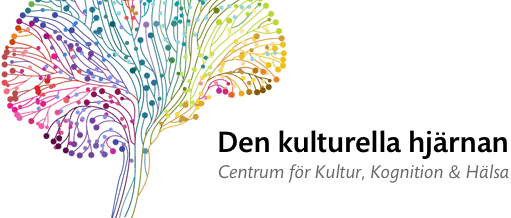Kurt Fischer skisserar möjligheterna och utmaningarna för den forskning som närmar sig inlärningens och pedagogikens frågor med hjälp av de snabbt växande kunskaperna om hjärnan och nervsystemet. (Kurt Fischer, 2009)
Titel: Mind, Brain, and Education: Building a Scientific Groundwork for Learning and Teaching
Författare: Fischer, Kurt W.
Publikation: Mind, Brain, and Education
Volym: 3
Nummer: 1
Sidor: 3-16
Publicerad: 2009
Sammandrag: ABSTRACT— The primary goal of the emerging field of Mind, Brain, and Education is to join biology, cognitive science, development, and education in order to create a sound grounding of education in research. The growing, worldwide movement needs to avoid the myths and distortions of popular conceptions of brain and genetics and build on the best integration of research with practice, creating a strong infrastructure that joins scientists with educators to study effective learning and teaching in educational settings. Science and practice together provide many potentially powerful tools to improve education. Neuroscience and genetics make possible analysis of the “black box” of biological processes that underpin learning. Understanding the biology of abilities and disabilities helps educators and parents to facilitate individual students’ learning and development. Cognitive science provides analyses of the mental models/metaphors that pervade meaning making in human cultures, creating tools for avoiding unconscious distortions and crafting effective educational tools. Developmental and learning science produce tools to analyze learning pathways, including both shared patterns and learning differences. To reach the potential of grounding education effectively in research requires improving the infrastructure by creating (a) research schools where practice and science jointly shape educational research, (b) shared databases on learning and development, and (c) a new profession of educational engineers or translators to facilitate connecting research with practice and policy.
Länk till original: http://dx.doi.org/10.1111/j.1751-228X.2008.01048.x

